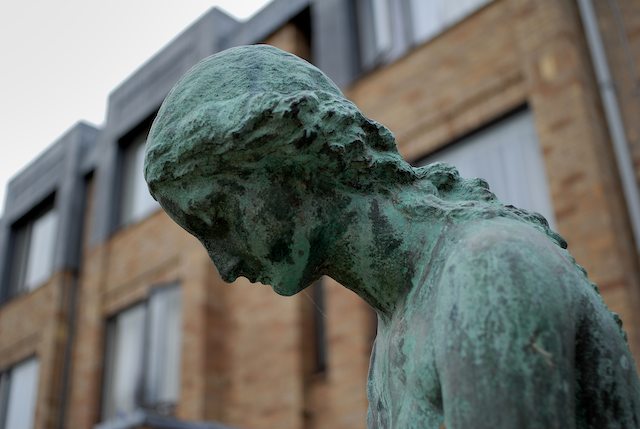Wonderful Wired interview with Doug Morris, Universal’s CEO.
Morris was as myopic as anyone. Today, when he complains about how digital music created a completely new way of doing business, he actually sounds angry. “This business had been the same for 25 years,” he says. “The hardest thing was to get something that somebody wanted to buy — to make a product that anybody liked.”
And that’s what Morris, and everyone else, continued to focus on. “The record labels had an opportunity to create a digital ecosystem and infrastructure to sell music online, but they kept looking at the small picture instead of the big one,” Cohen says. “They wouldn’t let go of CDs.” It was a serious blunder, considering that MP3s clearly had the potential to break the major labels’ lock on distribution channels. Instead of figuring out a way to exploit the new medium, they alternated between ignoring it and launching lawsuits against the free file-sharing networks that cropped up to fill the void.
Morris insists there wasn’t a thing he or anyone else could have done differently. “There’s no one in the record company that’s a technologist,” Morris explains. “That’s a misconception writers make all the time, that the record industry missed this. They didn’t. They just didn’t know what to do. It’s like if you were suddenly asked to operate on your dog to remove his kidney. What would you do?”
Personally, I would hire a vet. But to Morris, even that wasn’t an option. “We didn’t know who to hire,” he says, becoming more agitated. “I wouldn’t be able to recognize a good technology person — anyone with a good bullshit story would have gotten past me.” Morris’ almost willful cluelessness is telling. “He wasn’t prepared for a business that was going to be so totally disrupted by technology,” says a longtime industry insider who has worked with Morris. “He just doesn’t have that kind of mind.”
The piece provides a fascinating insight into the mindset that has nearly destroyed the industry. Ed Felten has some acerbic comments on it.
Morris’s explanation isn’t just pathetic, it’s also wrong. The problem wasn’t that the company had no digital strategy. They had a strategy, and they had technologists on the payroll who were supposed to implement it. But their strategy was a bad one, combining impractical copy-protection schemes with locked-down subscription services that would appeal to few if any customers.
The most interesting side of the story is that Universal’s strategy is improving now — they’re selling unencumbered MP3s, for example — even though the same proud technophobe is still in charge.
Why the change?
The best explanation, I think, is a fear that Apple would use its iPod/iTunes technologies to grab control of digital music distribution. If Universal couldn’t quite understand the digital transition, it could at least recognize a threat to its distribution channel. So it responded by competing — that is, trying to give customers what they wanted.
Still, if I were a Universal shareholder I wouldn’t let Morris off the hook. What kind of manager, in an industry facing historic disruption, is uninterested in learning about the source of that disruption? A CEO can’t be an expert on everything. But can’t the guy learn just a little bit about technology?

